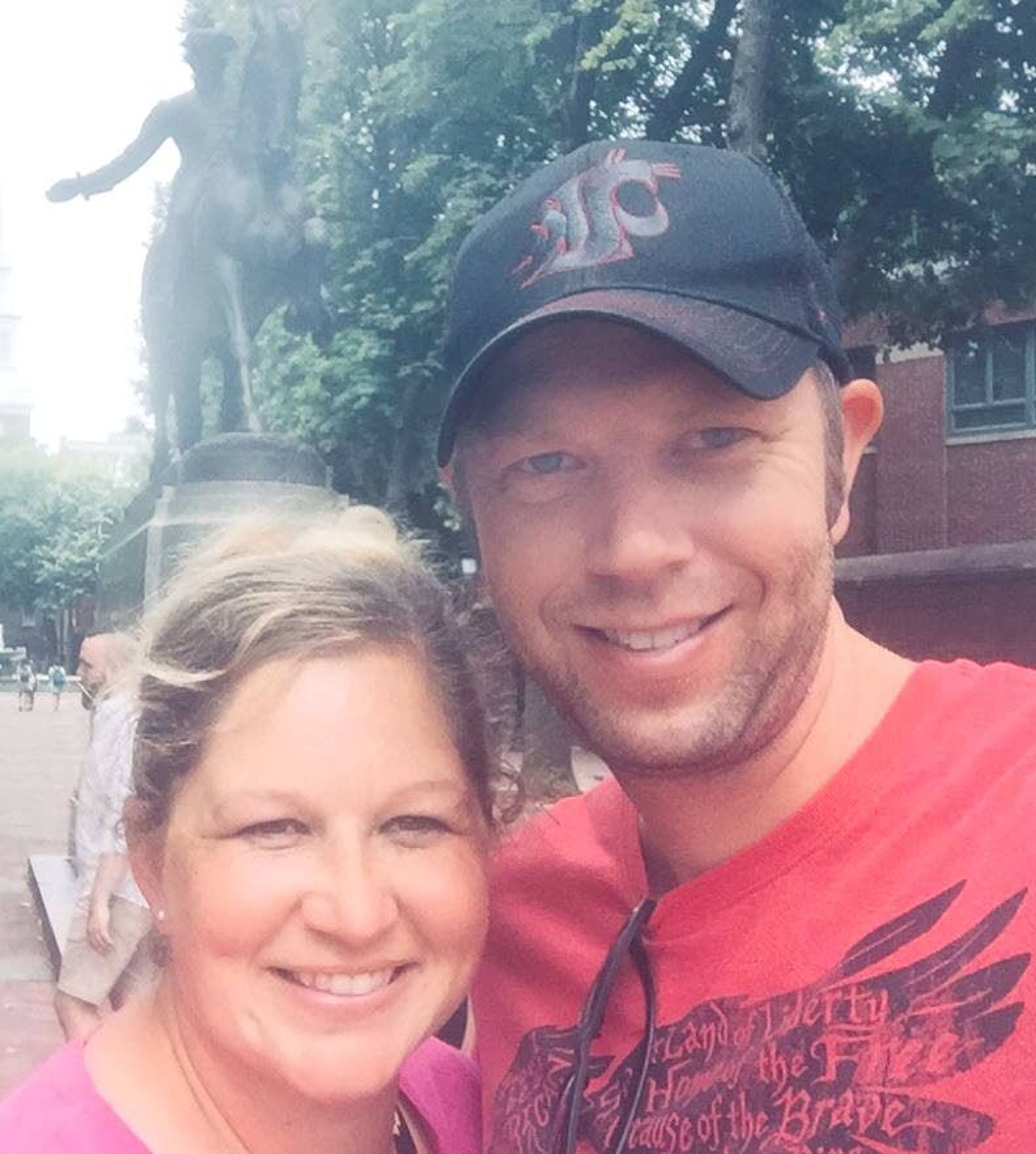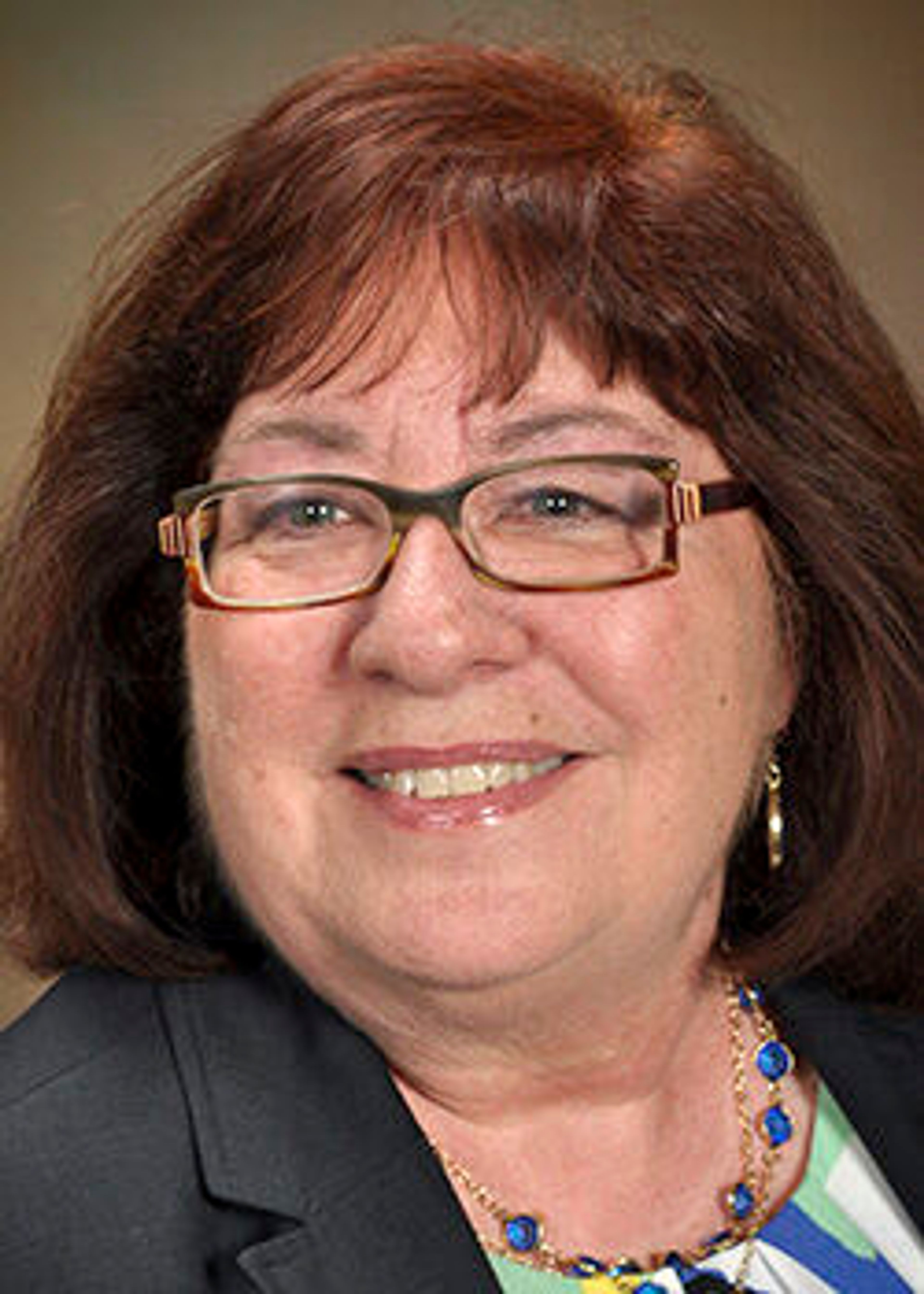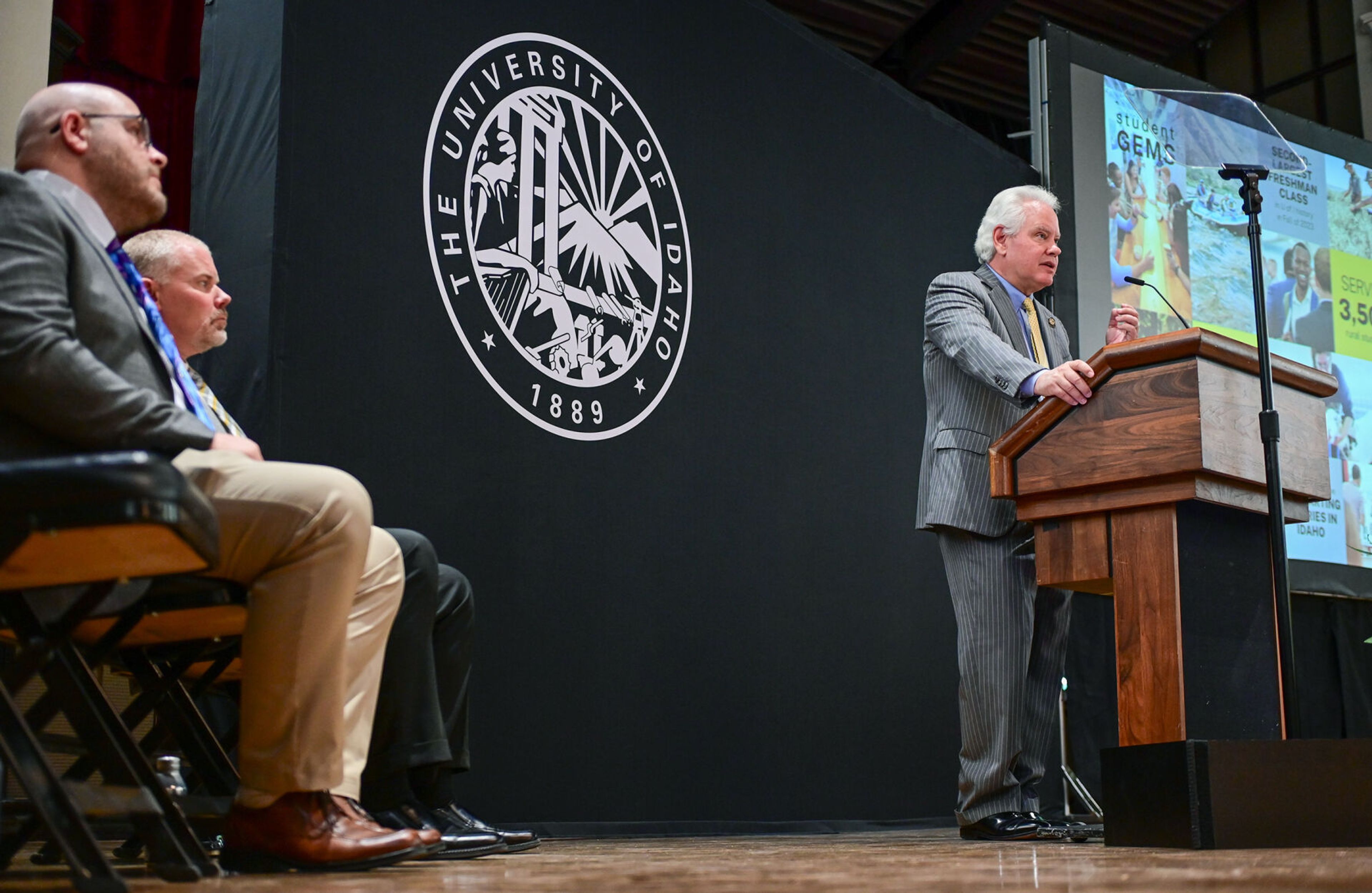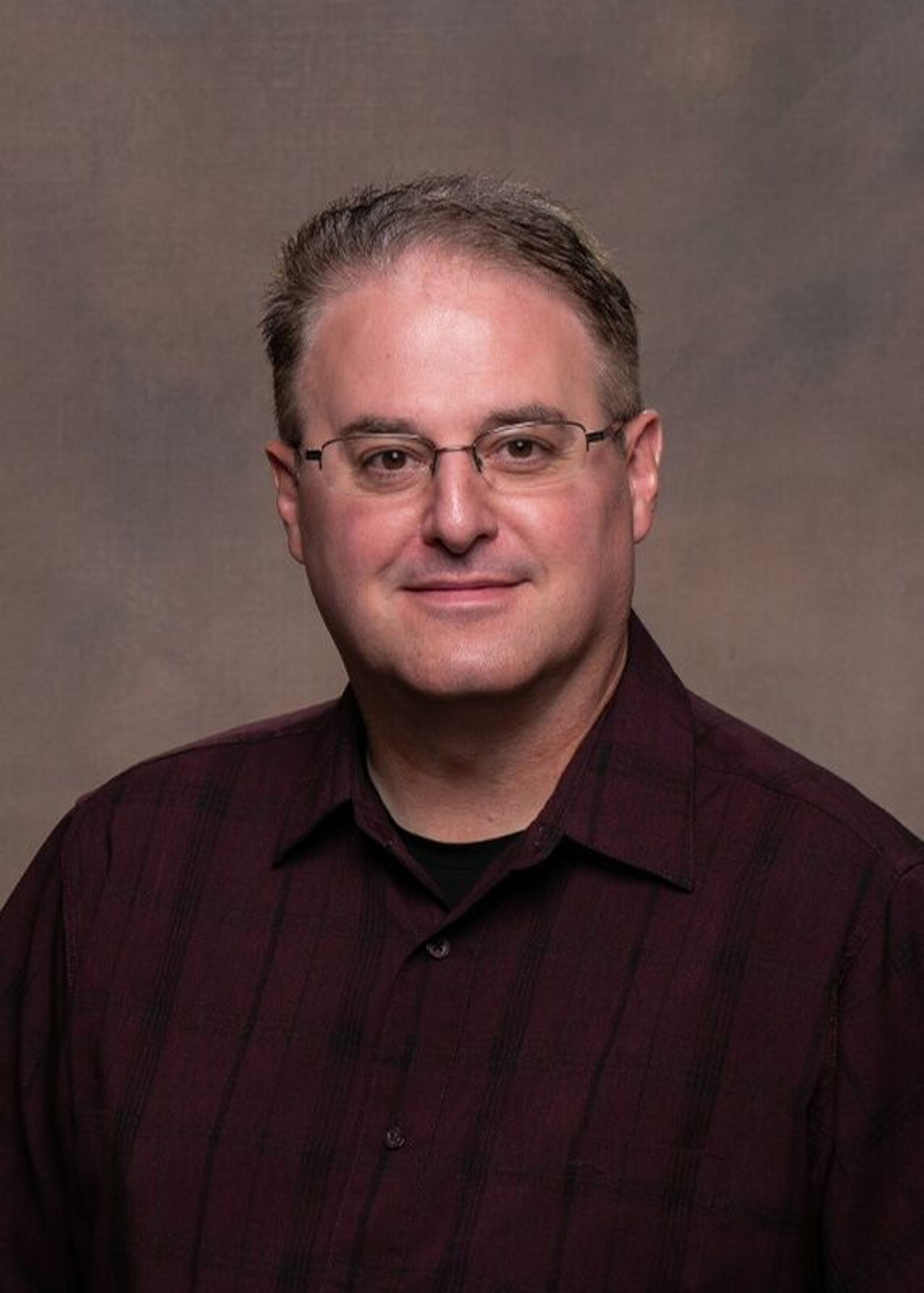Colfax teachers to lead exercise in civil discourse
Harvard Case Method serves as foundation for event
In today’s polarized political environment, civil discourse about controversial issues has become a rarity.
Two Colfax High School teachers, armed with training from the Harvard Business School, hope to help change that — at least on the Palouse.
With the help of the League of Women Voters of Pullman, husband-and-wife duo and civics teachers Andrew and Ronda Penwell traveled to Massachusetts in 2019 to participate in a program centered on a method of reasoning called the Harvard Case Method.
Next week, the Penwells and the LWV of Pullman will host a virtual discussion applying the method to a historic scenario in an exercise centered on the Equal Rights Amendment debate of the 1970s and ’80s.
For each training scenario, Ronda said Harvard Business School professor David Moss and a team assembled factual information surrounding “cases” like the ERA debate that unfolded in history to use as focal points for discussion. Ronda said participants receive about 20 to 30 pages of information about the issue in question and, using the data at hand, must engage the group in discussion and ultimately decide on a reasonable action.
“It sounds like a lot, but it’s a thorough synopsis of a topic (with) some history, leading up to basically at the end of the case study, you’re posed the question of ‘what should we do in this scenario?’ ” Ronda said. “Even though they’re from the past, and you can look up what did actually happen ... the idea is that in society, we want to be able to discuss topics, even if they’re maybe controversial, in a manner where we listen to each other and it’s a quality discussion.”
Andrew said the program was aimed at civics teachers at the high school level so they could bring the method into their classrooms, but the program requires they host lessons with the community. In the classroom, he said the method has the advantage of directly engaging students in the conversation, saying the teacher is more facilitator than lecturer for these lessons. However, he said people of all ages can benefit from the program and its emphasis on fact-based discourse.
“The goal is to be able to have those conversations and debate and discuss and have differing thoughts and opinions about governmental topics, without it turning into arguments and disagreements,” Andrew said. “We need to be able to have these conversations, not just in school, but in life, about not necessarily controversial topics — but those too — but more political issues.”
LWV Pullman President Bobbie Ryder said the program partnered with other chapters of the league to help bring the Harvard Case Method to communities around the country.
She said the League of Women Voters, an organization that has always championed civics education and has chapters placed nationwide, was a natural partner in the effort. Ryer said over the past 30 years, civics education has not been celebrated in classrooms which has helped lead to a deterioration in how the general public engages in discourse. She said finding a way to bring people together to share opposing views respectfully has become critical in reviving more measured, fact-centered discussion that has a chance at encouraging progress and understanding.
“I think we’ve seen over the last four years, the problem (is) that we haven’t, in this country, been teaching civics education as intensely as we did many years ago,” Ryder said. “We’ve ended up with these with a real polarized narrative in the public, and problems with having civil conversations and the discourse has become very negative.”
The virtual discussion hosted by the Penwells and LWV Pullman will take place Thursday at 7 p.m. The event is free and open to the public. Those who wish to attend must register for the event by emailing lwvpull@yahoo.com by Monday. Participants are expected to review case materials and participate in the discussion.
Scott Jackson can be reached at (208) 883-4636, or by email to sjackson@dnews.com.








